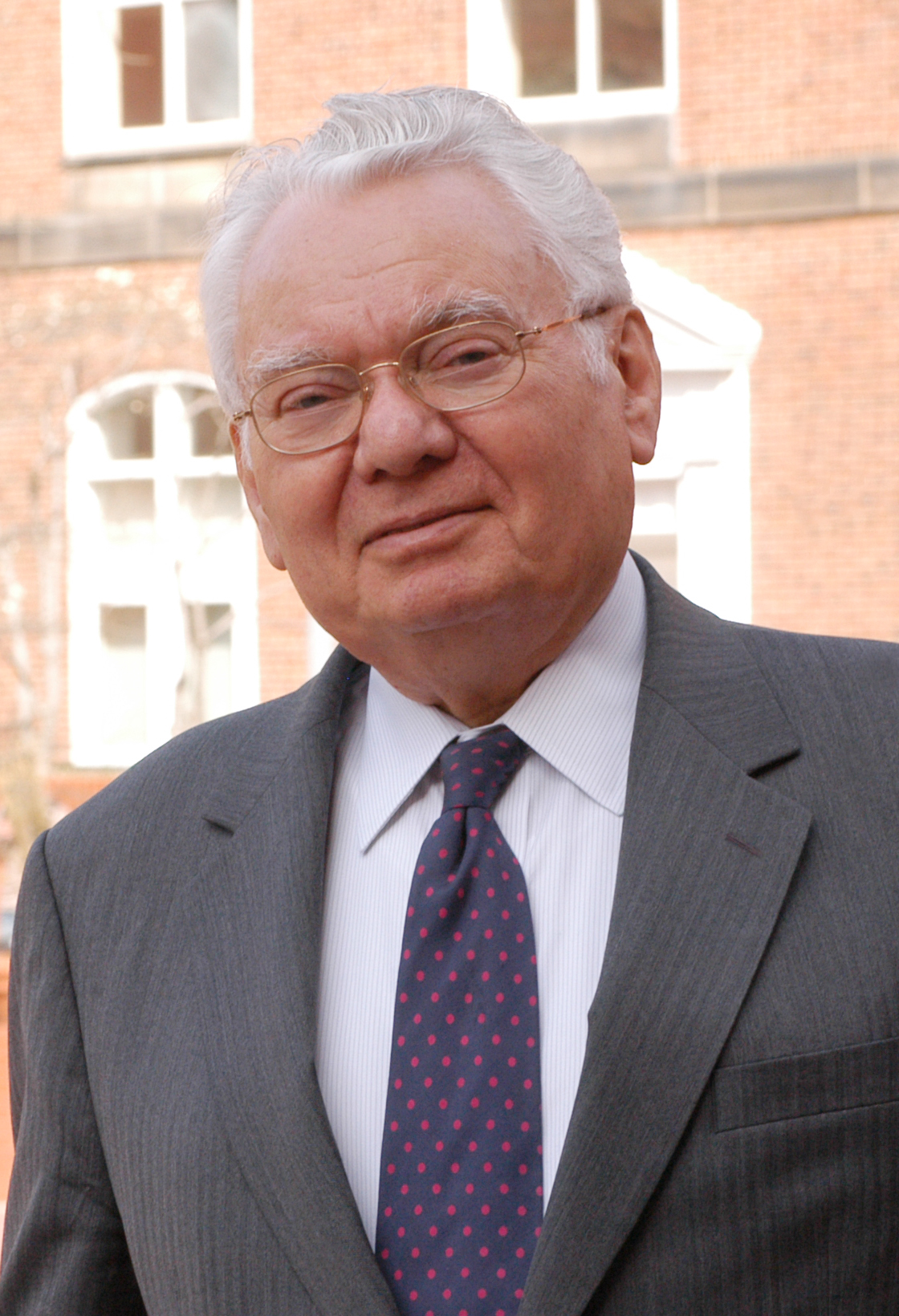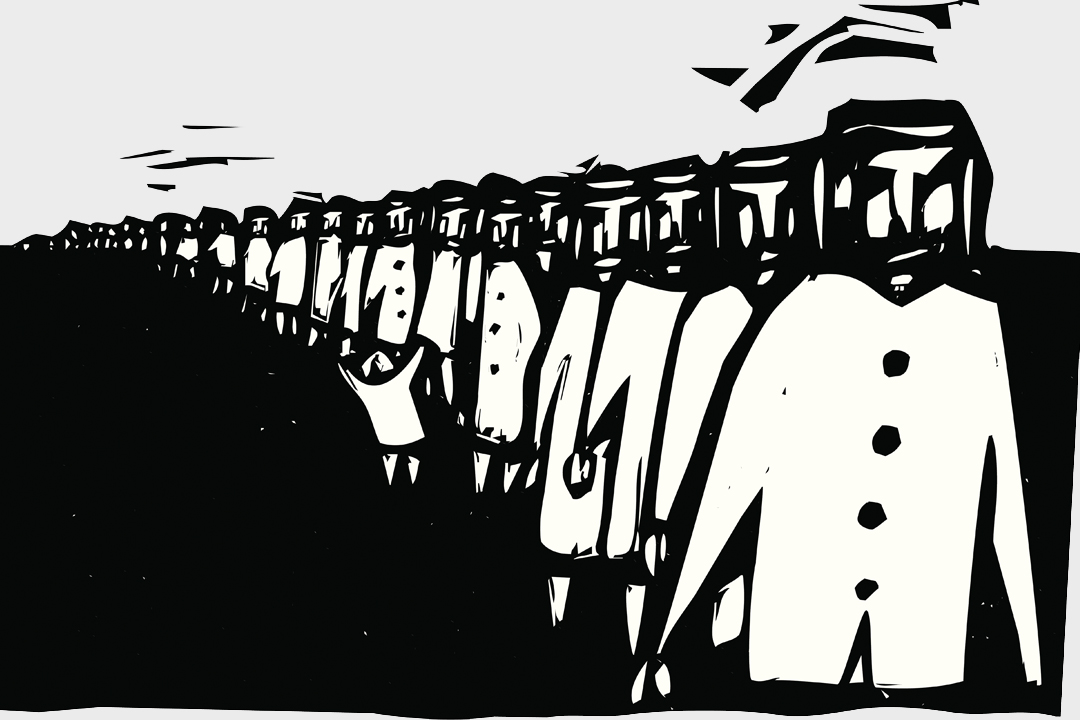 Thomas Buergenthal, Lobingier Professor Emeritus of Comparative Law and Jurisprudence, delivered this year's keynote address at the United Nations Holocaust Remembrance Day ceremony on January 31 in New York. The theme of the Holocaust memorial ceremony was "Holocaust Remembrance and Education: Our Shared Responsibility." The theme highlights the universal dimension of the Holocaust and encourages education on this tragedy so that future generations will firmly reject all forms of racism, violence and anti-Semitism. The Holocaust was a defining point in history and its lessons have much to teach about the danger of extremism and the prevention of genocide today. Professor Buergenthal came to the United States at the age of 17. He spent the first 11 years of his life in various German camps and is one of the youngest survivors of the Auschwitz and Sachsenhausen concentration camps.
Thomas Buergenthal, Lobingier Professor Emeritus of Comparative Law and Jurisprudence, delivered this year's keynote address at the United Nations Holocaust Remembrance Day ceremony on January 31 in New York. The theme of the Holocaust memorial ceremony was "Holocaust Remembrance and Education: Our Shared Responsibility." The theme highlights the universal dimension of the Holocaust and encourages education on this tragedy so that future generations will firmly reject all forms of racism, violence and anti-Semitism. The Holocaust was a defining point in history and its lessons have much to teach about the danger of extremism and the prevention of genocide today. Professor Buergenthal came to the United States at the age of 17. He spent the first 11 years of his life in various German camps and is one of the youngest survivors of the Auschwitz and Sachsenhausen concentration camps.
Professor Buergenthal, who makes human rights his life's work, shared that it was a special honor and privilege for him to deliver the keynote. The introductory and closing remarks captured the theme of his stalk. Professor Buergenthal began by honoring the memory of the six million Jewish and other victims of the Holocaust, among them his father, Mundek Buergenthal, who died in Buchenwald in January 1945, three months before the camp's liberation, and his maternal grandparents, Paul and Rosa Silbergleit, who were murdered in Treblinka in 1942. "They must never be forgotten," he said. Professor Buergenthal shared, in part, his closing remarks below.
"In my opinion, no nation has a monopoly on goodness or on evil. Under certain circumstances, genocides can take place in any of our countries. That is why we must always be on the alert against this crime. Without educational policies and practices that focus on the causes and dangers of genocides, we will have little success in preventing them. These policies must never be deemed to have achieved their goal because intolerance and hatred have a tendency to take hold in one country or another. They are a cancer that lurks under the surface of all our societies. Every generation must therefore be reminded over and over again of the dangers of intolerance and hatred and the horrendous crimes they lead to. That is also why the U.N. Holocaust Remembrance Day ceremonies and similar national and international remembrance programs are so important. By honoring the memory of the victims of the Holocaust, we commit ourselves to never again allow any human beings to become the victims of genocides in any part of the world. This must be the watchword of all Holocaust remembrance days."


